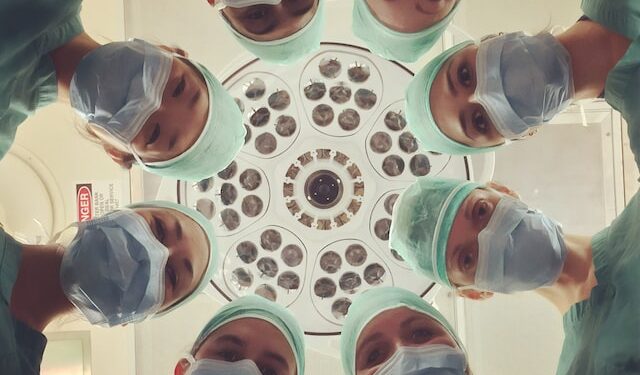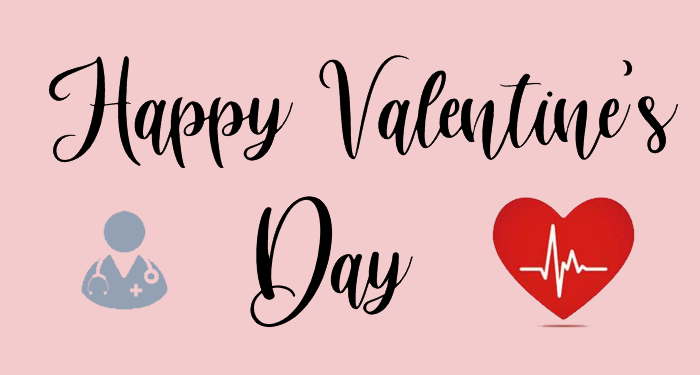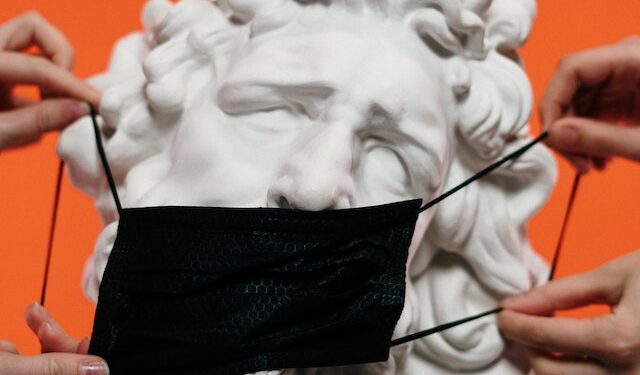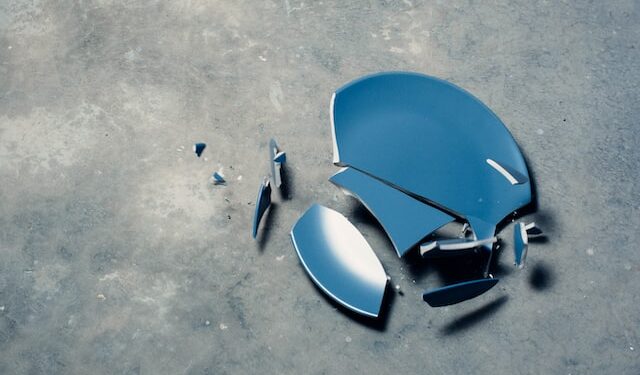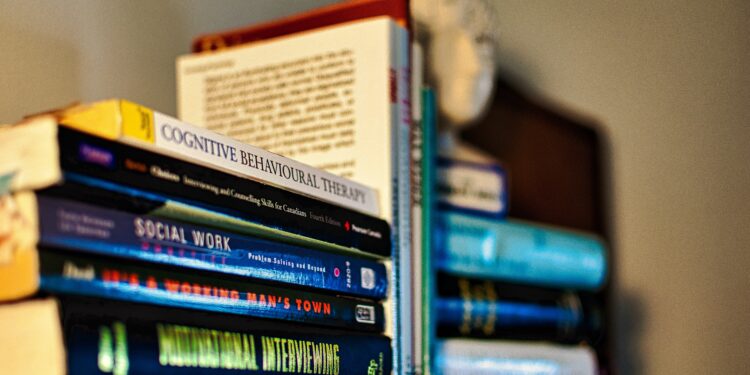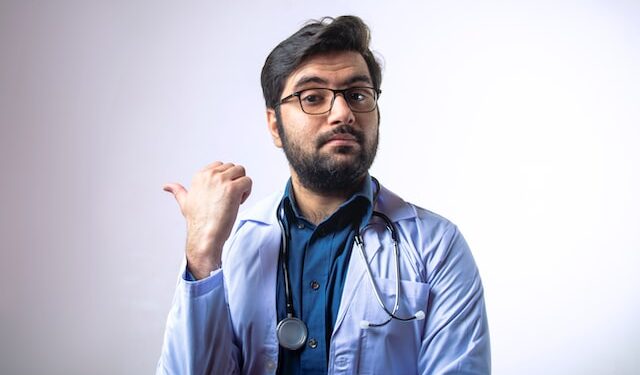
Dr Impostor Syndrome MD
Impostor syndrome is a common phenomenon among physicians, where we feel like we are frauds in our profession and that we don’t deserve our success. It is believed that this feeling is often triggered by the high level of responsibility and stress that comes with being a doctor. Impostor syndrome can also be considered a risk factor for burnout and psychological distress.
